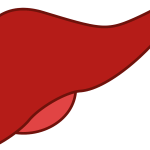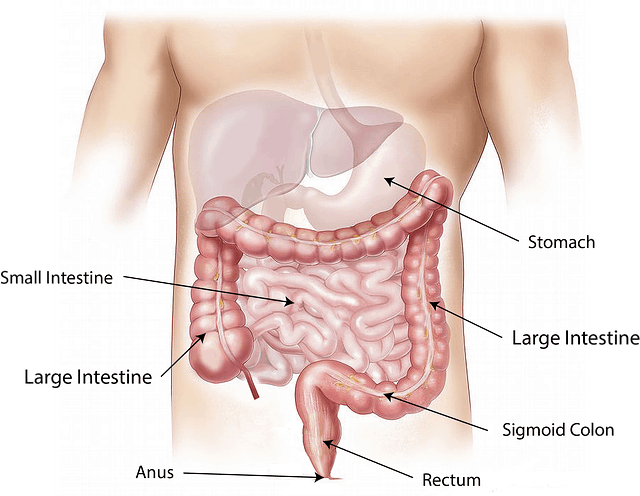FAMILY planning, is simply defined as the practice of controlling the number of children one has and the intervals between their births, particularly by means of contraception or voluntary sterilization.
It is mind blowing to note that in our modern civilized society, issues around sexuality and birth control measures are not openly talked about, yet there has been increase incidences of teenage pregnancy and abortion in our society. It is against this background that in this article I will highlight some of the pertinent issue with regard to this matter.
Medically, anyone aged 18 years and older has the legal right to consent to any procedure or medical intervention, provided it is well explained to them and they understand what it entails and thus able to make an informed decision (informed consent). Why Family Planning? It gives our young girls an opportunity to avoid falling pregnant at an early age, therefore able to pursue careers and become pillars of society. Family Planning also helps us decide on the size of our families, taking into consideration our socio-economic status and what a reasonable family size would mean as per individual and what they can afford.
We should note however that family planning is not a license to illicit sexual behaviours and it does not protect one against sexual transmitted diseases with the exception of barrier methods namely condoms and femidoms. There is a disturbing trend often observed among poor communities. It is often within such communities you see young women having a lot of children inspite of their inabilities to provide for their children. There are different types of family planning available today, for example, pills, injections, implants, intrauterine contraceptive devices, patches, condoms, etc. The writer strongly recommend anyone interested to visit any health facility countrywide and get as much information as possible and get acquainted with the A -Z of family planning.
There has been myths and misconceptions surrounding issues of contraception. If for instance a woman chooses to use one or the other method, it does not render them infertile. Often times, there might be a wait before anticipating falling pregnant after stopping using contraceptives but eventually one does fall pregnant. There are side effects associated with the use of family planning such as headaches, weight gain, tender breasts, nausea, break through bleeding but just to mention a few. There are benefits in using contraception too, namely decrease in period cramps, lighten periods in individuals who tend to bleed heavy and some are good in treating acne and decease incidences of bone thinning (osteoporosis).
Finally, we live in the information age, go out there and get as much information as you can and make an informed decision.
Dr. Makemba Shayela Nelson – MBChB – University of Kwazulu-Natal, Durban, South Africa. Nesha Medical Practice.
Source: Confidente










